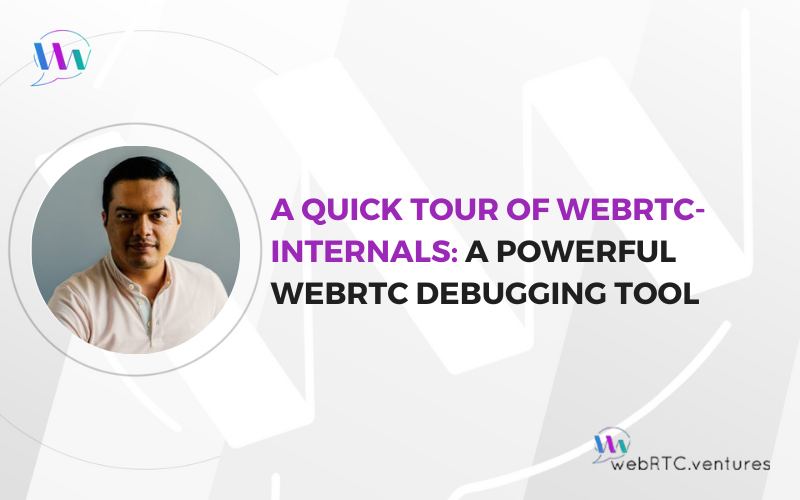
Imagine having a conversation with a sophisticated AI assistant or agent without your words ever leaving your machine. No data being shipped to third-party servers. No LLM API costs. No added latency waiting for distant data centers to process your requests. If you’re concerned about confidential business

The webrtc-internals tab is a powerful debugging tool built into Chrome and other Chromium-based browsers. It provides real-time insights into active WebRTC sessions, offering developers a detailed view of connection behavior and media transport. In this post, we’ll take a quick tour of how webrtc-internals enables real-time

Graphics Processing Units (GPUs) were originally designed to accelerate gaming, enabling complex graphics computations to run in parallel. Unlike Central Processing Units (CPUs), which excel at executing a few instructions at a time with high precision, GPUs are built for massive parallelism—handling thousands of operations simultaneously. This

For a long time, content creators and broadcasters had to choose between the immediacy of live streaming or the polish of edited, on-demand video. Today, innovations in browser APIs and real-time technologies—especially around WebRTC—are closing that gap. By leveraging powerful JavaScript APIs, modern libraries, and emerging protocols,






